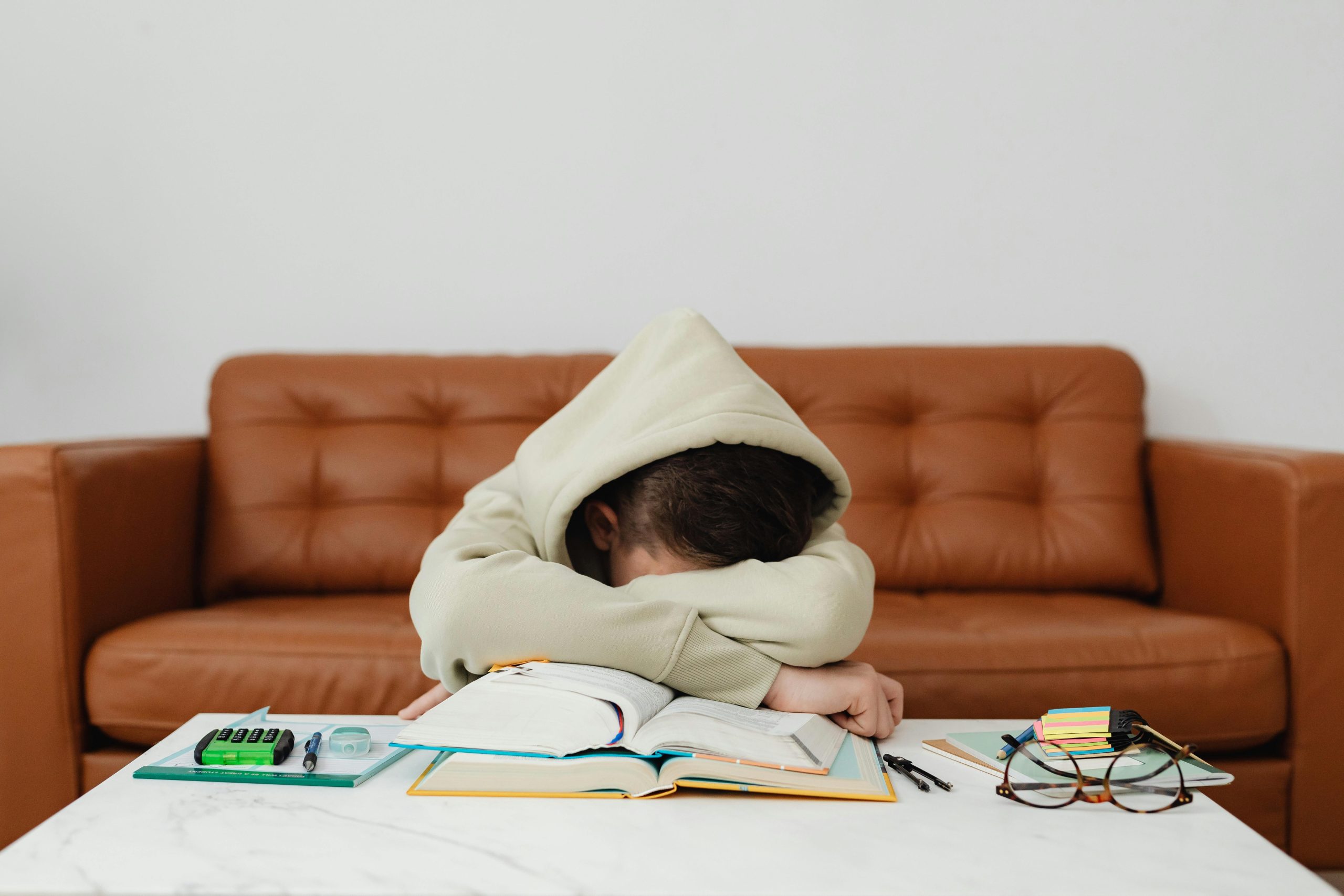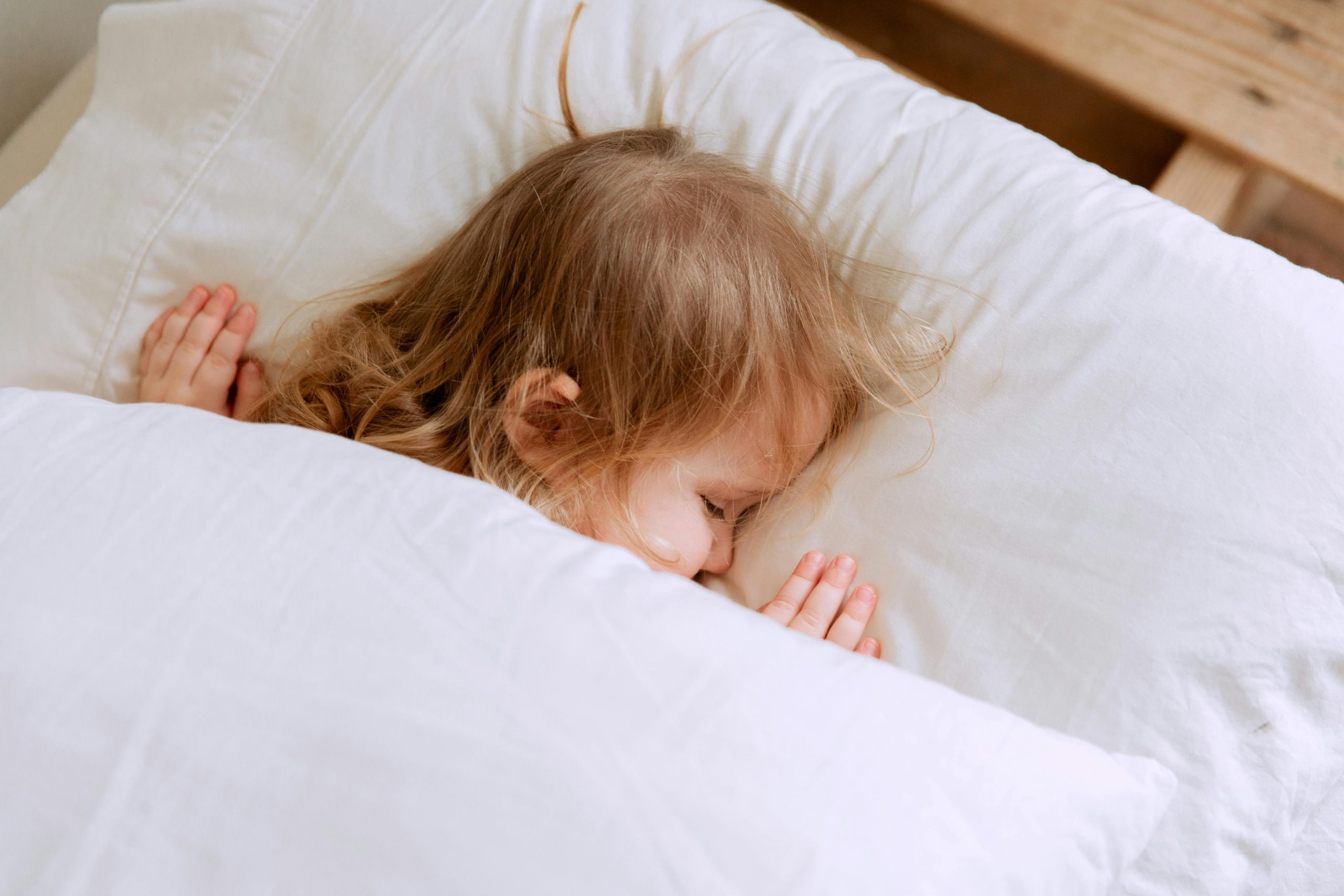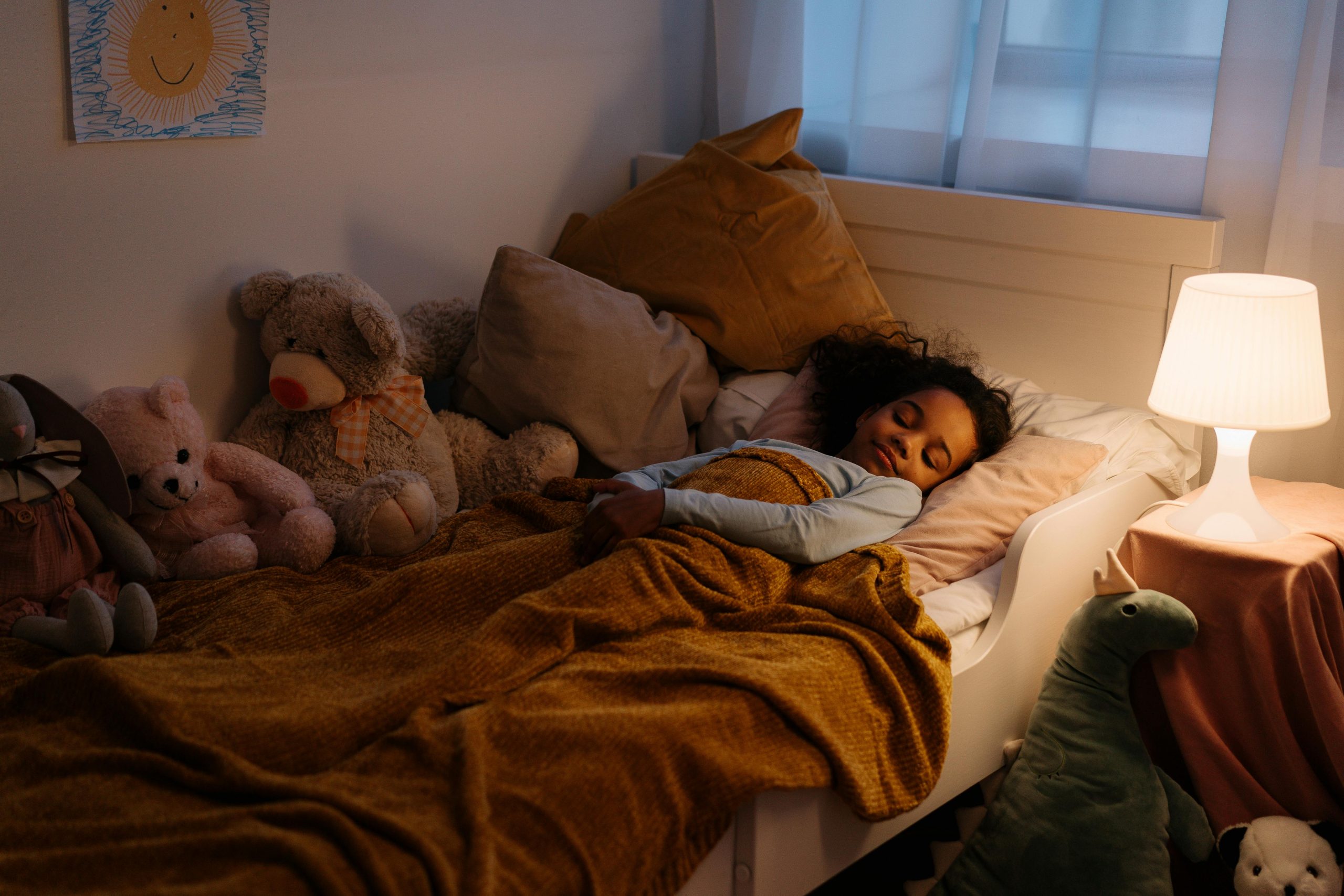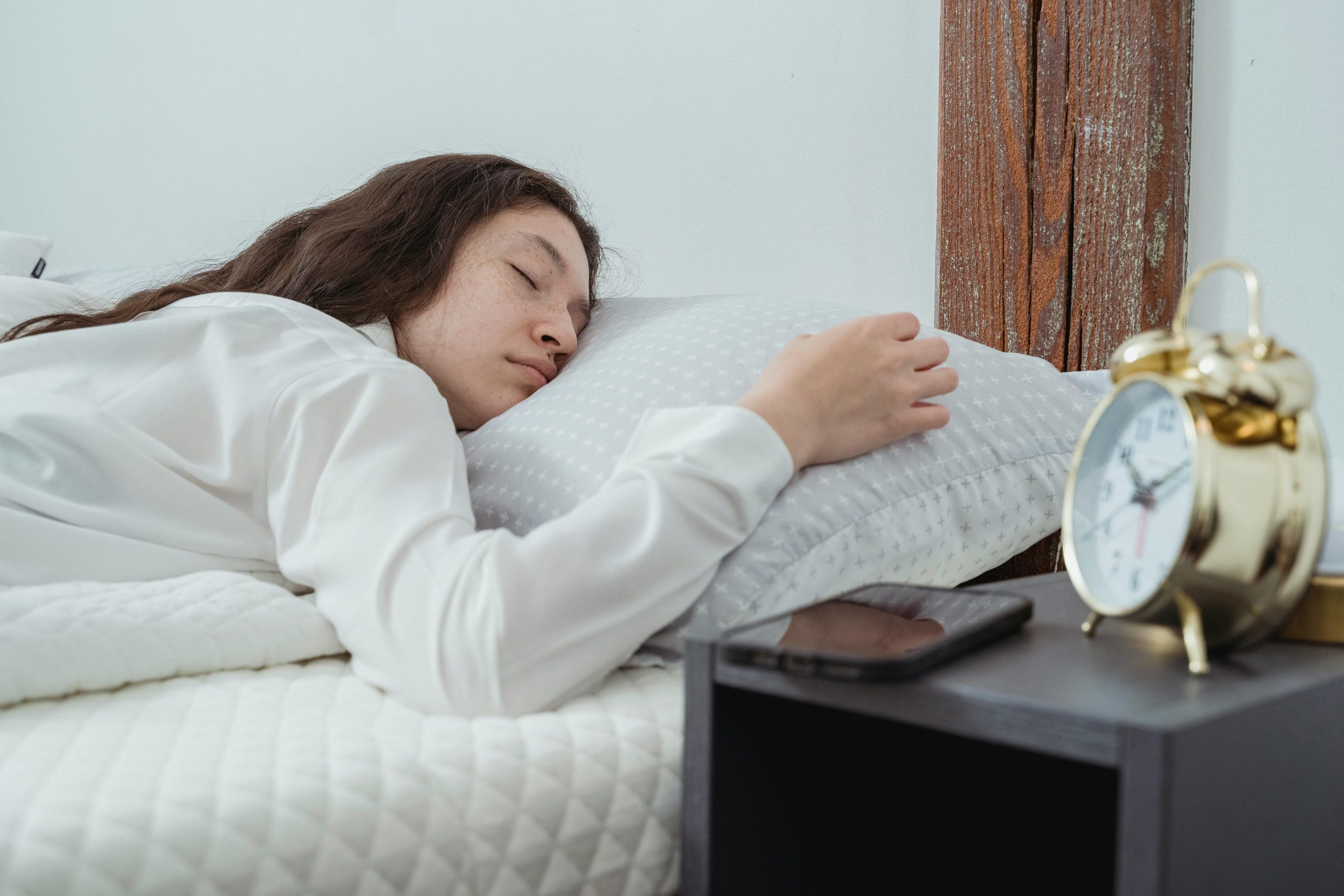A well-rested kid is a happy kid. If you don’t know what lack of sleep does to a young kid, you’re in for a surprise. I know that when it happens to my children, they become these grumpy little monsters which get irritated by everything and everyone.

How Lack of Sleep Affects Your Kid’s Learning
Parents agree that not getting enough sleep results in drowsy, whiny kids who you don’t really want to be around (although you’d never admit it). Late bedtimes can contribute to hyperactivity and acting out. But it’s not only about their lack of cuteness the next day. Short-term sleep deprivation can negatively affect learning and school work.

According to a study conducted by the Center for Educational Neuroscience, just one hour of sleep deprivation each night in 6-8 year olds over the course of one week, results in changes in brain activity during simple tasks of attention and speech perception.
So going to bed early is essential not only for peace at home and the kids’ overall health and well-being, but also for their academic excellence. So, why do we allow late bedtimes, and how late is too late?
How Much Sleep Do Kids Need?
Even though no parent needs a reminder on how important sleeping habits are for children as they transition from baby to toddler to child and adolescent, we all tend to loosen the reins sometimes and let them stay up late.

The National Sleep Foundation (NSF) recommends the following age-appropriate bedtimes (and sleep needs, naps included):
0-3 months old: No recommended bedtime (14-17 hours of sleep)
4-6 months: 7pm-8pm (12-16 hours of sleep)
7-11 months: 6pm-7.30pm (12-16 hours of sleep)
1-2 years old: 6pm-7.30pm (11-14 hours of sleep)
3-5 years old: 7.15pm-8.30pm (10-13 hours of sleep)
6-13 years old: 7.15pm-9pm (9-11 hours of sleep)

If you think this schedule is impossible to follow, you’re not alone. With kids having after-school activities and homework and the sun being up until 8pm, going to bed at 7pm is quite unrealistic. So how important is sticking to a consistent bedtime really? Dr. Yang Ming, Chair of Pediatrics at Beijing United Family Hospital says “The overall sleep times listed are accurate but parents don’t need to worry so much about the bedtime as some kids will take naps during the day and kids will usually wake up at different times.”
Here’s What Parents Say About Their Kids Sleeping Habits…
For S.W., a Beijing mom of two little girls, sticking to a bedtime routine and early bedtime is essential: “My kids are 2 and 4 years old. Usually, I get them ready at around 7ish and they are sleeping by 8pm. It takes about thirty minutes to get the teeth brushed, the hair combed, and both girls into their pajamas. Then I read two books of choice and the big one falls asleep while reading. The little one loves some extra one-on-one time with mommy and keeps awake, so usually I rock and nurse her to sleep.”

When things don’t go according to the plan, the kids get fussy and tired: “I am quite right about bedtime and keeping to the schedule. When we don’t, which usually only happens during special events, the evening is fine, but the day after they are just too tired to be able to be in a good mood.”
For Jean-Mare Kuipers, another Beijing mom, deviating from the routine is allowed on weekends: “I allow my daughter to stay up later on Fridays and Saturdays because then she can sleep in the next morning, but on school nights she needs to be in bed by 10pm latest, otherwise she will be moaning a lot the next day and be more prone to throwing tantrums. If she goes to bed late, I have to wake [her]up in the morning, and she gets really irritated. I prefer her waking up by herself, ’cause when she wakes up by herself she’s also much happier.”

Dr. Paul Rochon, Director of the Sleep and Mental Health Department at Raffles Hospital Beijing, agrees on the importance of wake-up time: “It’s not about early or late, it’s about being consistent in their wake-up time. Indeed, morning “time-givers” such as sunlight, food, and exercise are the most important for the daytime energy and for the next night sleep. Our body needs to be synchronized every day, so by waking up at the same time and using those time-givers, it will fix the biological clock and make sure that the next 24 hours will be perfect.”

“We start our bedtime routine around 8.30pm and he’s in bed by 9, 9.15pm,” says Tijana Nedeljkovic, a mom of a seven-year-old boy. “Sometimes it takes 10-15 minutes longer to make him go to bed because he’s trying to delay going to sleep by asking questions, asking for more water and such. But everything later than 10pm is too late.” She continues: “Later bedtimes usually only happen when he naps during the day on weekends and he’s not tired at his usual bedtime. If he goes to bed late during the week, waking him up for school is nearly impossible and he’s tired the whole day.”

Even though we know that good quality sleep helps our children deal with emotions, focus, think, and grow healthy, sometimes we can’t help but let them have that extra hour watching their favorite cartoon or playing with their new toy.
So, what time is your kid’s bedtime? Let us know in the comments!
Images: Pexels




